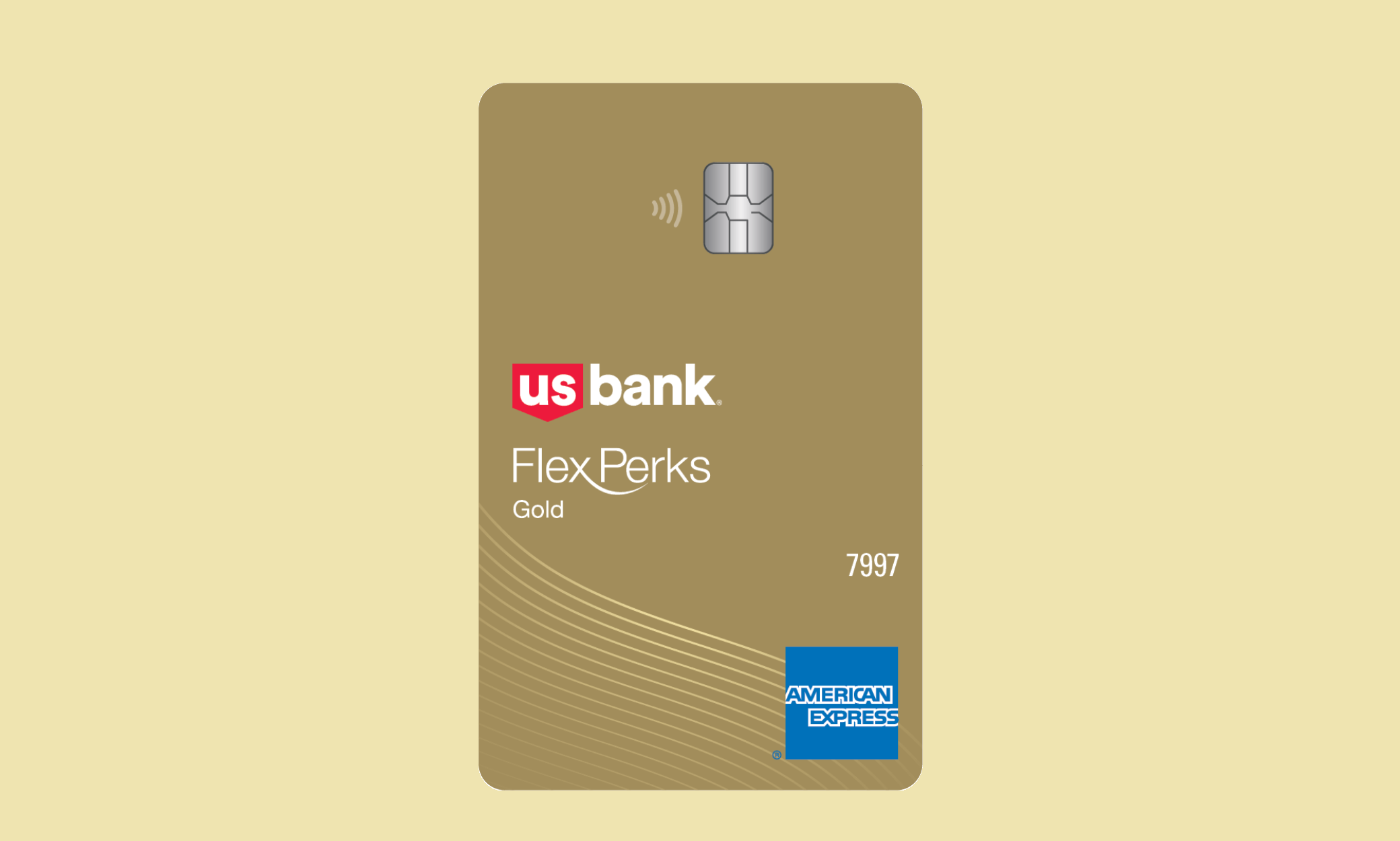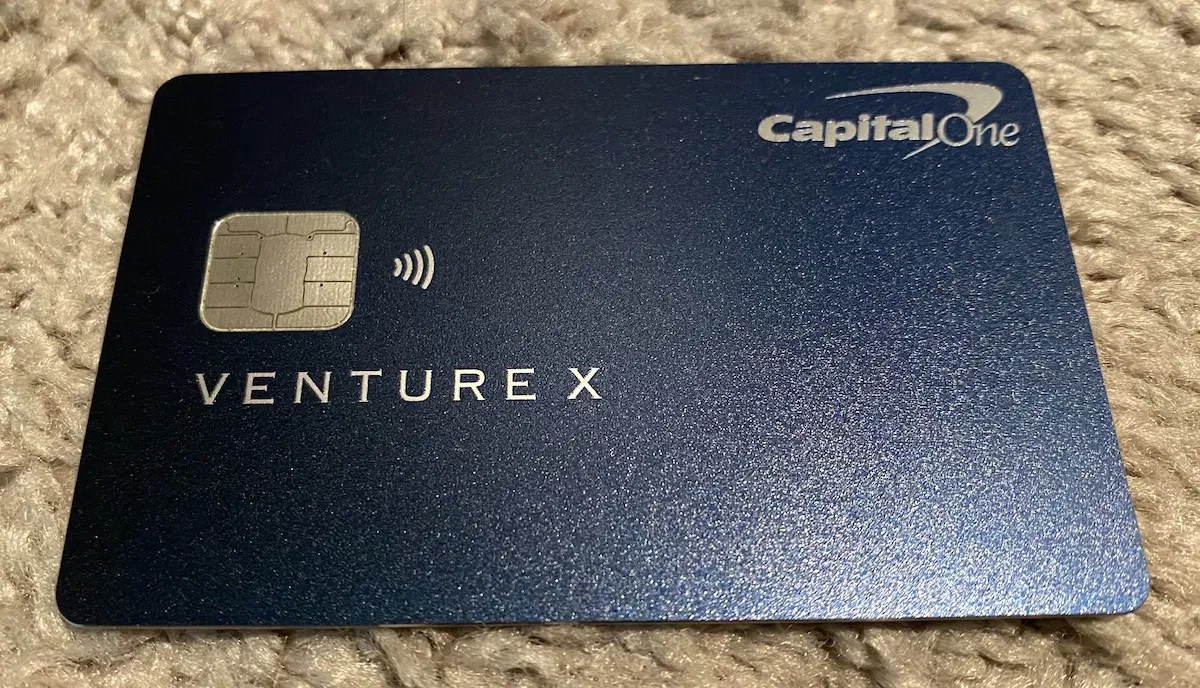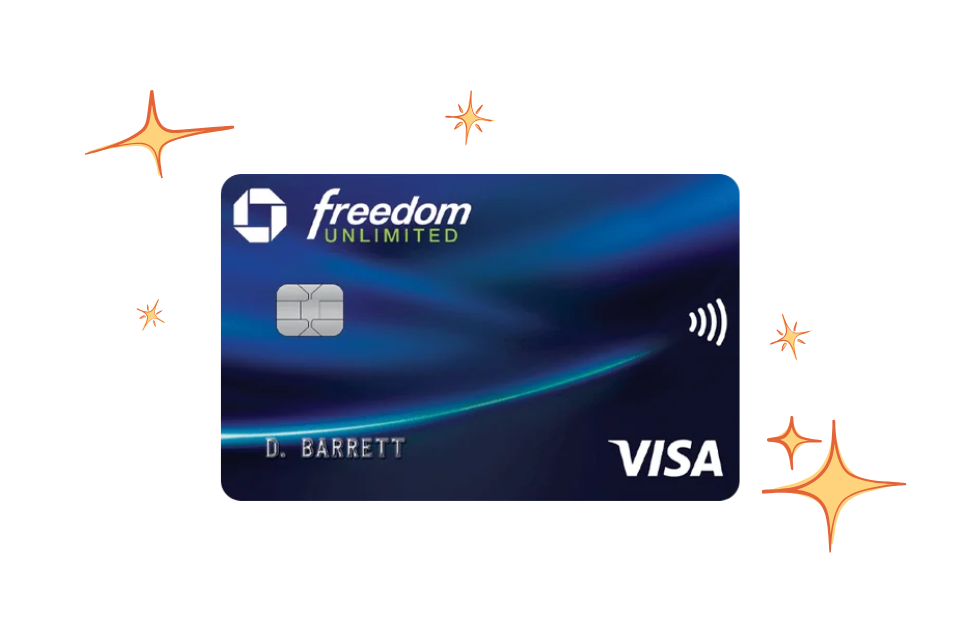Tips to Avoid Debt and Manage Your Credit Card Effectively

Your Financial Well-Being Starts Here
Understanding how to effectively manage your finances can significantly enhance your peace of mind and contribute to your long-term stability. In today’s fast-paced world, credit cards can be a double-edged sword. On one hand, they provide convenience, rewards, and the ability to make purchases without immediate cash on hand. On the other hand, if not managed properly, they can lead to spiraling debt and financial strain.
To navigate this crucial aspect of personal finance, here are some important tips to keep in mind:
- Know your limits: Always be aware of your credit limit and your monthly expenses. For instance, if your credit limit is $5,000 but your monthly budget for discretionary spending is only $300, it’s essential to avoid exceeding that budget to prevent overspending.
- Pay on time: Late payments can incur hefty fees and negatively impact your credit score. Setting up automatic payments or reminders can help you stay organized and ensure you never miss a due date, keeping your financial reputation intact.
- Create a budget: Allocate funds each month for necessities and debt repayment. Consider using budgeting apps or spreadsheets to track your expenses systematically. For example, if you allocate $200 a month for groceries, you can avoid unnecessary splurges that might threaten your financial health.
Using your credit card wisely can empower you to boost your credit score rather than detract from it. It’s important to remember that interest rates can add up quickly; therefore, strive to pay your balance in full whenever possible. Carrying a balance might seem manageable in the short term, but the interest can compound and create overwhelming debt over time.
Additionally, consider leveraging credit card rewards programs. If you frequently travel, a card that offers travel points can significantly offset your expenses. For example, earning points for every dollar spent can lead to free flights or discounted hotel stays, making your spending work for you instead of against you.
By adopting effective credit card habits, you can relish the benefits of credit without stumbling into the trap of debt. In subsequent sections, we will explore additional strategies that will empower you to make informed financial decisions, such as developing an understanding of credit utilization ratios and the importance of monitoring your credit report. Learning how to control your credit use will be invaluable in achieving your long-term financial goals, ensuring a secure and prosperous future.
DISCOVER MORE: Click here for family budgeting tips
Establishing Healthy Credit Card Habits
To manage your credit card effectively and avoid falling into debt, developing healthy habits is essential. By following a few straightforward strategies, you can make the most out of your credit card while maintaining financial stability. One of the most fundamental steps you can take is to understand how interest rates work. Credit cards typically come with high-interest rates, often exceeding 20%. This means that any balance carried from month to month can become increasingly burdensome.
Here are some tips to keep your credit card usage in check:
- Use credit cards for planned purchases: Instead of using your credit card for impulse buys, plan its use for necessary expenses that you can pay off quickly. For instance, if you need new tires for your car, use your credit card to take advantage of rewards but ensure that you have the cash available to pay off that debt within the billing cycle.
- Avoid minimum payments: The temptation to pay only the minimum amount due is common, but it can keep you in debt for an extended period. Aim to pay more than the minimum. If your minimum payment is $50, try to pay at least $100 if possible. This approach will not only reduce your balance faster but also save you money on interest.
- Keep track of your spending: Regularly monitoring your credit card transactions can help you stay within your budget. Most credit card issuers provide online tools or apps that allow you to review your activity in real-time. By consistently tracking your purchases, you can detect any fraudulent activities early and manage your spending habits more effectively.
Additionally, be cautious with promotional offers and balance transfers. While 0% APR offers can entice you to move a balance, ensure that you read the fine print. The promotional period will eventually end, and if the remaining balance is not paid off, you may find yourself facing exorbitant interest rates.
Consider leveraging these tools to create a more efficient payment system:
- Set up alerts: Many credit card companies allow you to set alerts for due dates, spending limits, or transaction notifications. These reminders can help prevent overspending and missed payments.
- Pay more frequently: Instead of waiting for the end of the month to make a payment, consider making smaller payments throughout the month. This strategy can help you manage your credit utilization ratio, which is vital for maintaining a good credit score.
Learning to use your credit card wisely can contribute to a robust financial future. By being proactive and informed, you can enjoy the benefits of credit without the burden of high-interest debt. Remember, effective credit card management is a long-term commitment that can lead to better financial health and peace of mind.
DIVE DEEPER: Click here for a step-by-step guide
Utilizing Credit Wisely
Using credit cards wisely involves not just responsible spending, but also understanding and optimizing the features your credit card offers. By leveraging certain tools and strategies, you can make your credit card work in your favor rather than against you.
Choose the Right Credit Card: Selecting a credit card that fits your spending habits and lifestyle is crucial. If you travel frequently, consider a card that offers travel rewards or no foreign transaction fees. For those who are focused on building their credit score, a secured credit card may be a good stepping stone. Always review the fees, interest rates, and rewards associated with different cards before applying.
Take Advantage of Rewards and Offers: Many credit cards offer rewards programs that provide points, cashback, or miles for every purchase. Use your card for routine expenses—like groceries or gas—that you would have purchased anyway. Just ensure that you pay off the balance each month to avoid accruing interest. Also, keep an eye out for promotional offers such as discounts at partner retailers. For example, some cards give you up to 5% cashback at select stores during certain periods of the year.
Build an Emergency Fund: One of the best ways to avoid relying on credit cards during financial emergencies is to establish an emergency savings fund. Aim to save at least three to six months’ worth of living expenses. This fund can serve as a buffer, allowing you to handle unexpected costs—like medical bills or car repairs—without resorting to credit debt.
Understanding Credit Utilization
Monitor Your Credit Utilization Ratio: Credit utilization is a major factor in credit scoring. It’s calculated by dividing your credit card balances by your credit limit. Ideally, you should keep your utilization ratio below 30%. For instance, if your credit limit is $10,000, aim to keep your balance under $3,000. Keeping your utilization low can help maintain or even improve your credit score, which can have long-term benefits for financing options like loans or mortgages.
Request Credit Limit Increases: If you have a good payment history, consider requesting a higher credit limit occasionally. Increasing your limit can lower your credit utilization ratio—if you maintain your current spending level. Remember, this should not be an opportunity to increase spending; it should merely enhance your financial flexibility.
Regularly Review Your Credit Report
Check Your Credit Report Regularly: It’s essential to stay informed about your credit health. You are entitled to one free credit report every year from each of the three major credit bureaus—Experian, TransUnion, and Equifax. Utilize these free reports to check for errors or fraudulent accounts. Disputing inaccuracies can improve your credit score and lend credibility to your overall financial presentation.
By employing these practices, you’ll not only be able to navigate your credit card usage with greater confidence but also cultivate a financial landscape that emphasizes stability and growth. Working with credit responsibly and strategically will promote better long-term outcomes and can contribute significantly to your overall financial well-being.
DISCOVER MORE: Click here to learn how to apply
Conclusion
Successfully avoiding debt and managing your credit card isn’t just about restraint; it’s about implementing informed, strategic practices that nurture your financial health. By selecting the right credit card tailored to your lifestyle, you can maximize rewards and minimize potential pitfalls. Remember, using your credit card for regular purchases can yield benefits, but it’s crucial to pay off your balance in full each month to avoid costly interest charges.
Establishing an emergency fund provides a safety net during financial hardships and helps you avoid reliance on credit for unplanned expenses. Maintaining a healthy credit utilization ratio further protects your credit score, ensuring that you present yourself favorably to lenders when it comes time for larger financial investments, such as buying a home. Regularly reviewing your credit report serves as a proactive measure to safeguard your credit status and rectify any inaccuracies that could impact your overall financial standing.
In conclusion, managing your credit responsibly is a multifaceted approach that requires ongoing diligence. By applying these practical tips and maintaining a strong focus on your financial goals, you can cultivate a proactive mindset toward credit management. This will not only help you avoid debt but also empower you to leverage credit as a tool for building a secure financial future.


